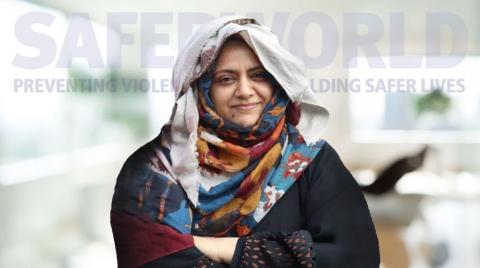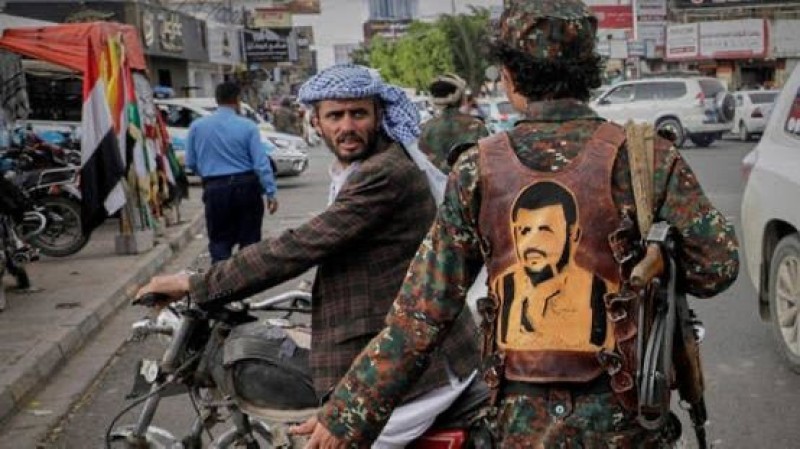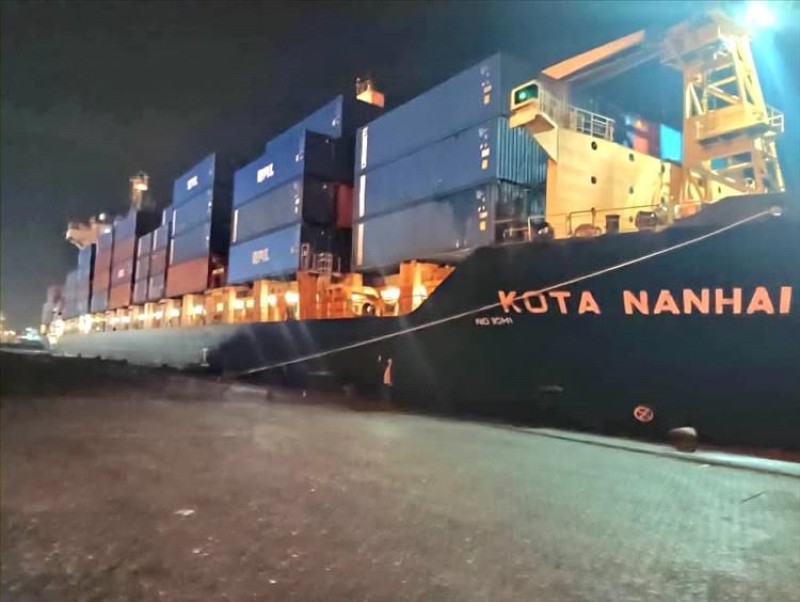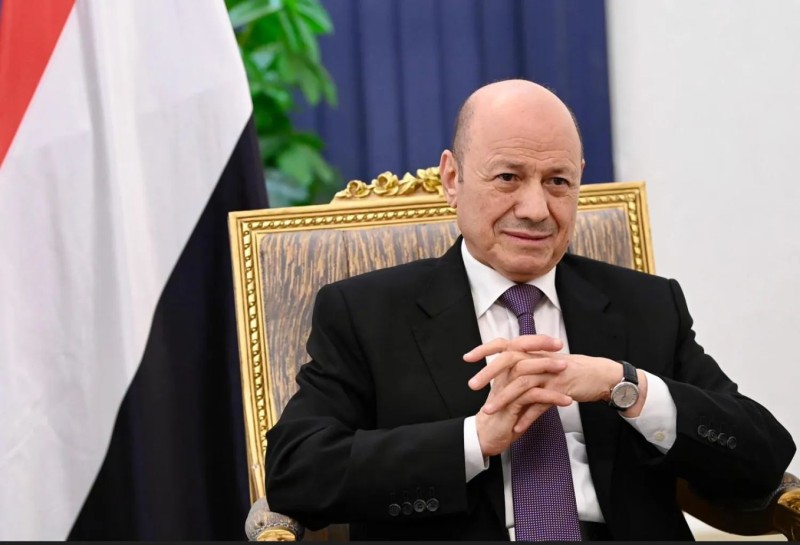UAE provides humanitarian aid worth Dhs2.011b to Yemen


ABU DHABI: The UAE and the rest of the world will celebrate the annual World Humanitarian Day on 19th August, under this year’s slogan, #Not a Target, to honour the lives of humanitarian workers who died while performing their duty.
The UAE has placed great importance on providing protection for humanitarian workers, and emergency relief aid to those affected by crises around the world, as well as humanitarian assistance to those in need through the three main pillars of its humanitarian approach - protecting civilians in humanitarian emergencies, especially women and children, working closely with local and international organisations, and strengthening the global humanitarian system through meaningful co-operation.
As part of the directives of President His Highness Sheikh Khalifa Bin Zayed Al Nahyan, and Vice President, Prime Minister and Ruler of Dubai, His Highness Sheikh Mohammed Bin Rashid Al Maktoum, and His Highness Sheikh Mohamed Bin Zayed Al Nahyan, Crown Prince of Abu Dhabi and Deputy Supreme Commander of the UAE Armed Forces, to support international humanitarian action, the value of the country's humanitarian assistance, including long-term aid for refugees and displaced people, amounted to Dhs4.48 billion ($1.23 billion) in the three-year period between 2015 and July 2017, which contributed to saving lives, reducing suffering, and maintaining and protecting human dignity, during and after crises and emergency situations.
The UAE’s humanitarian aid is not limited to providing financial support, but it also includes the martyrdom of humanitarian workers, who gave their lives during their work in Afghanistan and Yemen.
The UAE’s overall humanitarian assistance has been concentrated in eight main areas, most notably its provision of humanitarian relief assistance that amounted to Dhs2.19 billion, accounting for nearly half of its total humanitarian aid, or 49 percent, during the three-year period. Food aid for humanitarian emergencies came in second, totalling Dhs1.07 billion or 24 per cent of its total aid, while 73 per cent was also allocated to alleviating suffering during severe crises that affected certain countries, most notably Yemen, whose share of humanitarian assistance reached Dhs2.011 billion, or 44.9 per cent, which was distributed to several Yemeni governorates.
A total of Dhs1.03 billion was also channelled to the Syrian crisis, equivalent to 23 per cent of UAE’s assistance during the same period, especially to support refugee camps. The combined ratio of the two countries amounted to 67.9 per cent of the UAE’s total assistance fund, while the total value of humanitarian assistance to the Iraqi people reached Dhs548.1 million, and Dhs95.1 million went to Somalia.
In addition to relief and food aid, the health sector has also been supported with aid amounting to Dhs312.5 million, and shelter assistance and non-food items amounted to Dhs150.9 million while water and sanitation assistance in emergency cases and security protection aid amounted to Dhs45.03 million and Dhs1.2 million respectively. Humanitarian aid accounted for about 10 per cent of the UAE's total foreign aid.

Sana’a – The occupied Yemeni capital Sana’a is witnessing mounting economic panic and a sharp collapse in the real estate market…

Aden – The vessel Kota Nanhai departed Al-Mualla Container Terminal at Aden Port this evening after completing the unloading of 457 standard…

Aden — Yemen’s Presidential Leadership Council Chairman Rashad al-Alimi held talks with Central Bank Governor Ahmed Ghalib to review th…